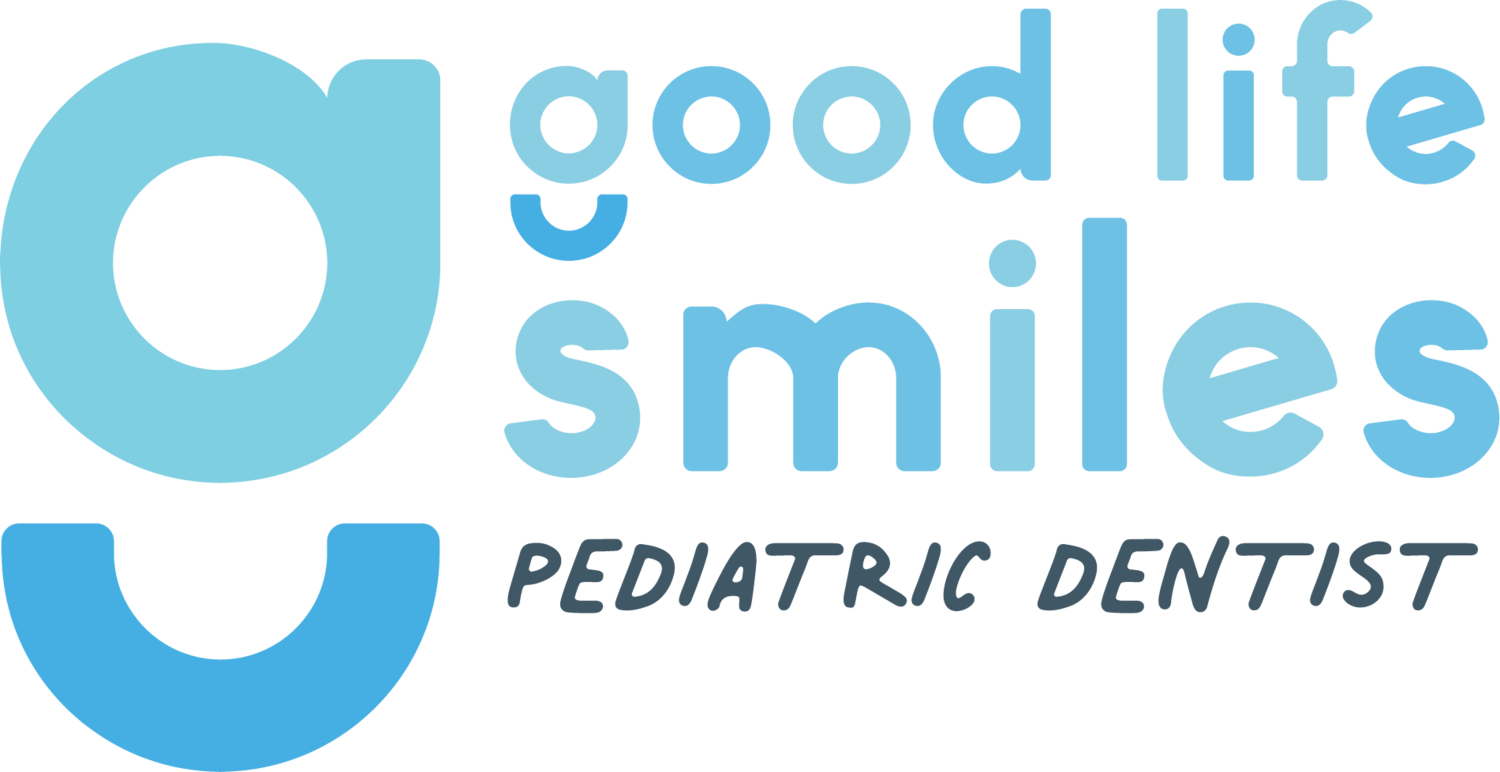B is for Breastfeeding and Baby’s Dental Health
Say it with me. “Breastfeeding alone does not cause cavities.”
There is a lot of misinformation about how breastfeeding affects a baby’s oral health and development, and we’re here to dispel some of those myths and educate parents on optimizing their child’s oral health during breastfeeding.
What are the Benefits of Breastfeeding?
Besides providing nutrition to your baby, breastfeeding offers numerous other proven benefits. Human milk contains antibodies and other antimicrobial components that aid in protecting the baby from gastrointestinal infections and in developing the gut microbiome. Some studies suggest that breastfeeding may also help prevent respiratory illnesses, ear infections, and urinary tract infections.
In addition, skin-to-skin contact during breastfeeding has been shown to reduce crying time and stabilize heart rate and breathing rates in upset babies.
How Does Breastfeeding Affect Dental Health and Development?
Did you know that breastfeeding may also offer significant benefits for oral health? Studies indicate that breastfeeding up to 12 months of age could potentially decrease your child’s risk of developing cavities and malocclusions, such as crossbites in molar teeth.
However, breastfeeding beyond 12 months of age might actually increase the risk of cavities in your child, although other factors certainly play a role. The heightened risk is primarily influenced by factors such as the frequency of breastfeeding sessions, the introduction of cavity-causing foods, and insufficient oral hygiene practices - all of which are compounded by the presence of more teeth in the mouth.
On-demand or nighttime breastfeeding sessions have been linked to lower pH levels in dental plaque, which can promote the growth of cavity-causing bacteria and conditions that facilitate the demineralization of enamel, leading to cavities in baby teeth. It’s important to note that this change in dental plaque can also occur in children who consume infant formula, cow’s milk, or juice throughout the day or night!
To minimize risk of cavities in children who breastfeed past 12 months of age, Dr. Pete recommends:
An Age 1 Dental Visit to discuss oral health strategies
Brushing twice daily using a rice-grain sized amount of fluoridated toothpaste
Offering water in a sippy cup or straw cup throughout the day
Separating the last breastfeeding session from the bedtime routine.
What if I cannot or choose not to breastfeed my baby?
Dr. Pete, father to three bottle-fed babies, firmly believes that ‘fed is best.’ He is grateful for the opportunity to support his wife and participate in infant feedings with all three of his kids. Ben, Graham, and Libby are all thriving, having been fed a combination of expressed breast milk and infant formula through their first 12 months of life.
It’s important to mention that everyone’s feeding journey is a little different, and that’s perfectly ok. At Good Life Smiles, we are here to support you on your child’s feeding journey and help optimize their oral health and development along the way.
Ready to discuss how your child’s feeding journey is affecting their oral health? Click here to schedule your child’s first visit.

